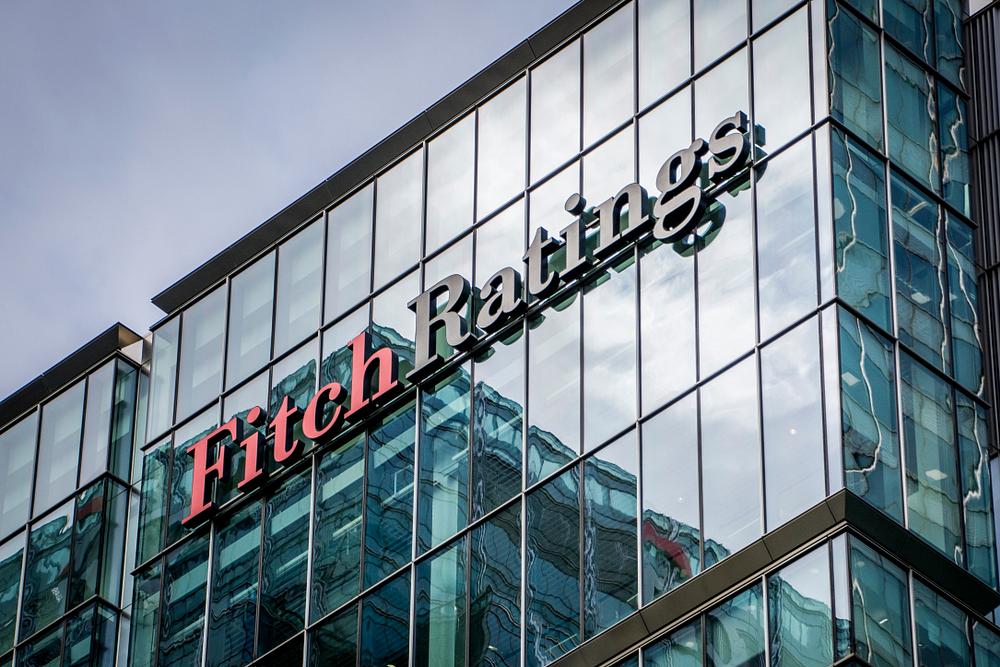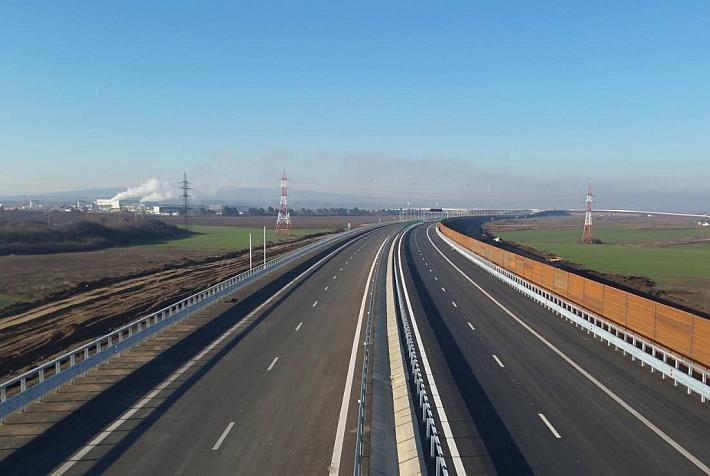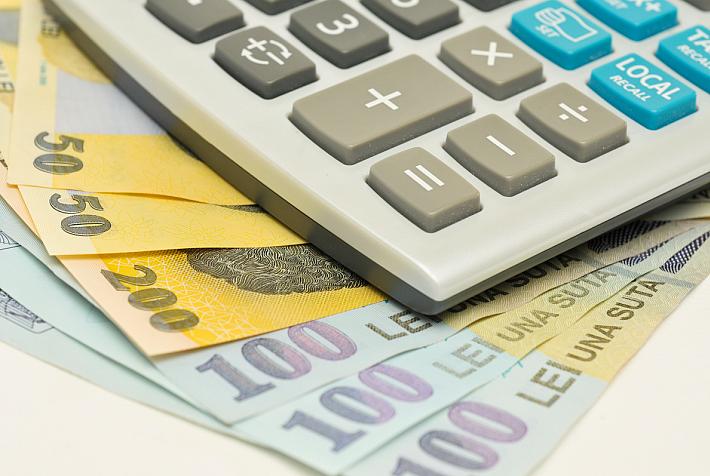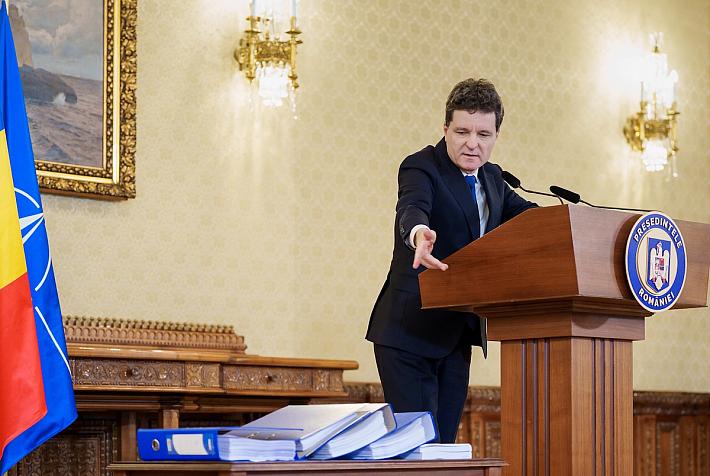Fitch maintains Romania’s rating, warns about risks down the road

Fitch Ratings has maintained Romania's Long-Term Foreign-Currency Issuer Default Rating (IDR) at 'BBB-' with a Stable Outlook, the rating agency announced on Friday, November 8.
“Romania's investment-grade ratings are supported by moderate levels of government debt, and GDP per capita and human development indicators that are above 'BBB' category peers. These are balanced against twin budget and current accounts deficits, reflecting pro-cyclical fiscal policy that poses risks to macroeconomic stability, and net external indebtedness that is higher than its rating peers,” Fitch said in a press release.
The rating agency warns, however, that the political uncertainty generated by the fact that Romania now has a minority government, with weak support in the Parliament, and two more rounds of elections will take place next year, further complicates the outlook, as parties are unlikely to agree to major corrective economic measures. In this political context, Fitch sees further gradual weakening of the public finances over the short to medium term.
“The fiscal outlook will become significantly more challenging in 2020-2021 given a weaker macro backdrop and already legislated pension hikes (leading to an annual average pension increase of 24% in 2020 and 26% in 2021). Fitch expects the deficit to widen to 4% of GDP by 2021, assuming that some offsetting measures to the pension increase are found (including potentially a delay or moderation of the pension measures, changes to discretionary expenditure, one-off revenue measures),” reads the agency’s assessment.
Under this scenario, the public debt would increase to 38% of GDP in 2021, from 35% of GDP in 2018.
“Failure to put corrective fiscal measures in place constitutes a key downside risk to the forecasts and Romania's rating. According to the IMF, under a no-offsetting policy scenario, the pension increase would add 3.2% of GDP to expenditure by 2022 and could lead to public debt increasing by 20pp by 2024,” Fitch warns.
editor@romania-insider.com
(Photo source: Shutterstock)













